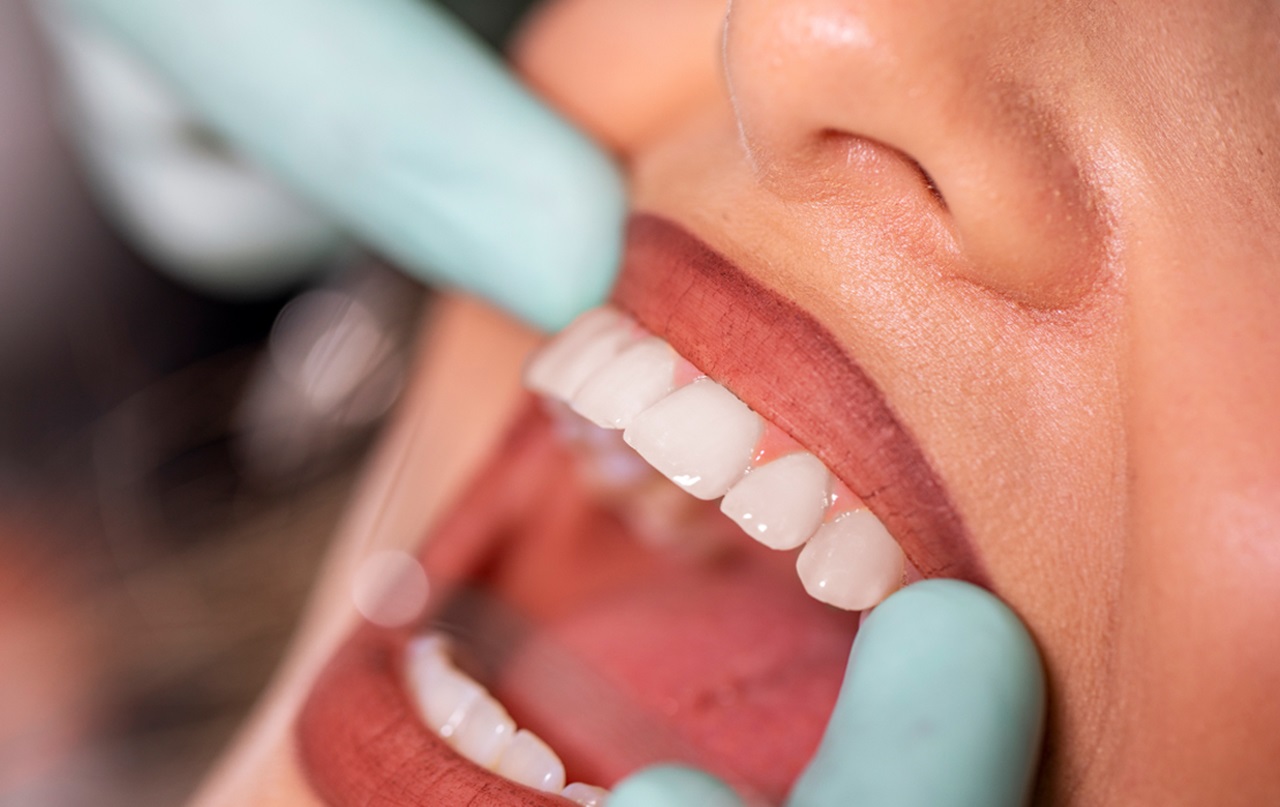Dentists are often the first health professionals to notice the signs of oral cancer, which can appear inside the mouth and throat or on the tonsils and tongue. Here are some important facts about oral cancer, including the warning signs you should always discuss with your dentist.
(If you’re looking for information on other kinds of cancer and your dental health, visit this page.)
The two types of oral cancer
Oral cancers are classified in two groups:
Cancers of the oral cavity affect your lips, teeth, gums, the front two-thirds of your tongue, the floor and roof of your mouth and the inside of your cheeks.
Cancers of the oropharynx are found in the throat, tonsils, the base of your tongue and the spot where it attaches to the floor of your mouth. Your throat (pharynx) starts at the soft part of the roof of your mouth and continues back into your throat.
Dentists watch for signs of oral cancer, because finding it early can be the key to successful treatment. More than 54,000 people are diagnosed each year in the U.S., and around 11,000 die from it.
Warning signs that may point to oral cancer
Even though your dental team checks for oral cancer each time you visit, it’s important for you to know the symptoms, too. Call your dentist right away if any of these issues last longer than two weeks:
- A sore or irritation that doesn't go away
- Red or white patches on your gums, tongue or lining of the mouth
- Pain, tenderness or numbness in your mouth or lips
- A lump, thickening, rough spot, crust or small rough area
- Difficulty chewing, swallowing, speaking or moving your tongue or jaw
- A change in the way your teeth fit together when you close your mouth
- Loose teeth or dentures that don’t fit well anymore
- The feeling something is caught in your throat
- Being hoarse, or noticing a change in your voice
Risk factors for oral cancer
Males tend to get oral cancer more often than females, and older people are generally at higher risk. You can reduce your risks of developing oral cancer by:
Human papillomavirus (HPV) has also been linked with throat cancers that form at the back of the mouth. HPV is the most common sexually transmitted disease in the U.S., with about 10% of adult males and 3.6% of females carrying the virus. Though most infections go away within two years, some infections stay.
The HPV vaccine protects against the types of HPV that can cause oral cancers, so it may also prevent them. The Centers for Disease Control and Prevention (CDC) recommends that 11- to 12-year-olds get the HPV vaccine. The agency also recommends the vaccine for everyone through age 26, if they missed getting it earlier. Older adults may choose to have the vaccine after talking with their doctor.
Learn more about HPV and oral cancer here.
Your dentist can help find oral cancer early
During your regular exam, your dentist will ask about changes in your medical history and whether you’ve been having any new or unusual symptoms. Next, they will check your lips, cheek lining, gums, tongue (front and back), the floor and roof of your mouth, your throat, tonsils and the area where your tongue meets the bottom of your mouth. Your jaw and neck will be examined for lumps or unusual signs.
Dental checkups can save your life by detecting oral cancer early. That’s one more good reason to see your dentist regularly for a thorough dental exam.
What happens if my dentist sees something unusual?
Keep in mind that any warning sign your dentist notices may not necessarily mean you have oral cancer. You may need special tests or a follow-up exam a week or two later to see if the questionable spots have cleared up on their own. Together, you and your dentist can choose the best strategy for testing, diagnosis and treatment (if you need it).
How is oral cancer treated?
Oral cancers that are found early are usually treated with surgery or radiation therapy. Cases that are found later may need a combination of treatments. For example, radiation therapy and chemotherapy might be given at the same time. Another option is targeted therapy, a newer type of cancer treatment that uses drugs or other substances to pinpoint and attack cancer cells.
If you have oral cancer, the treatment your cancer care team recommends will depend on your overall health, the area of the mouth or throat where your cancer began, the size and type of tumor and whether or not the cancer has spread.
More resources for you
The National Institute of Dental and Craniofacial Research has more information about oral cancer diagnosis and treatment.
Learn how to ease side effects and protect your mouth while you’re in cancer treatment.
